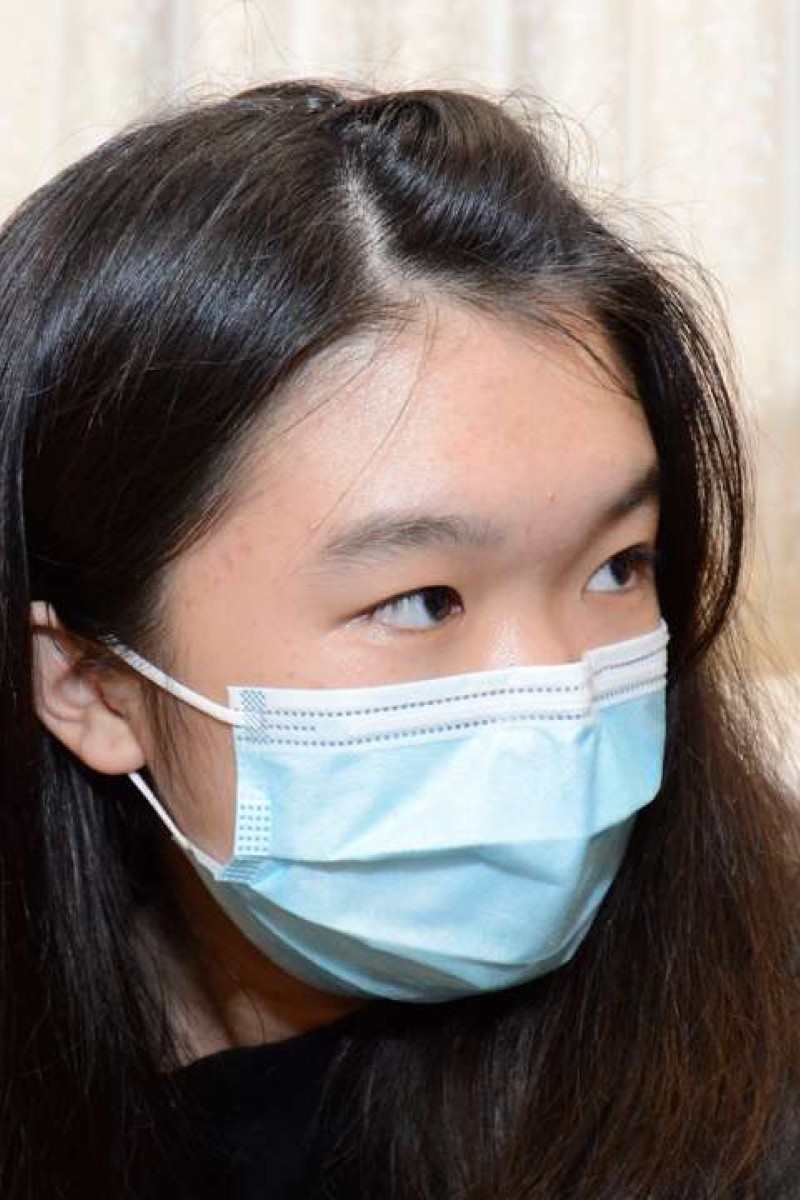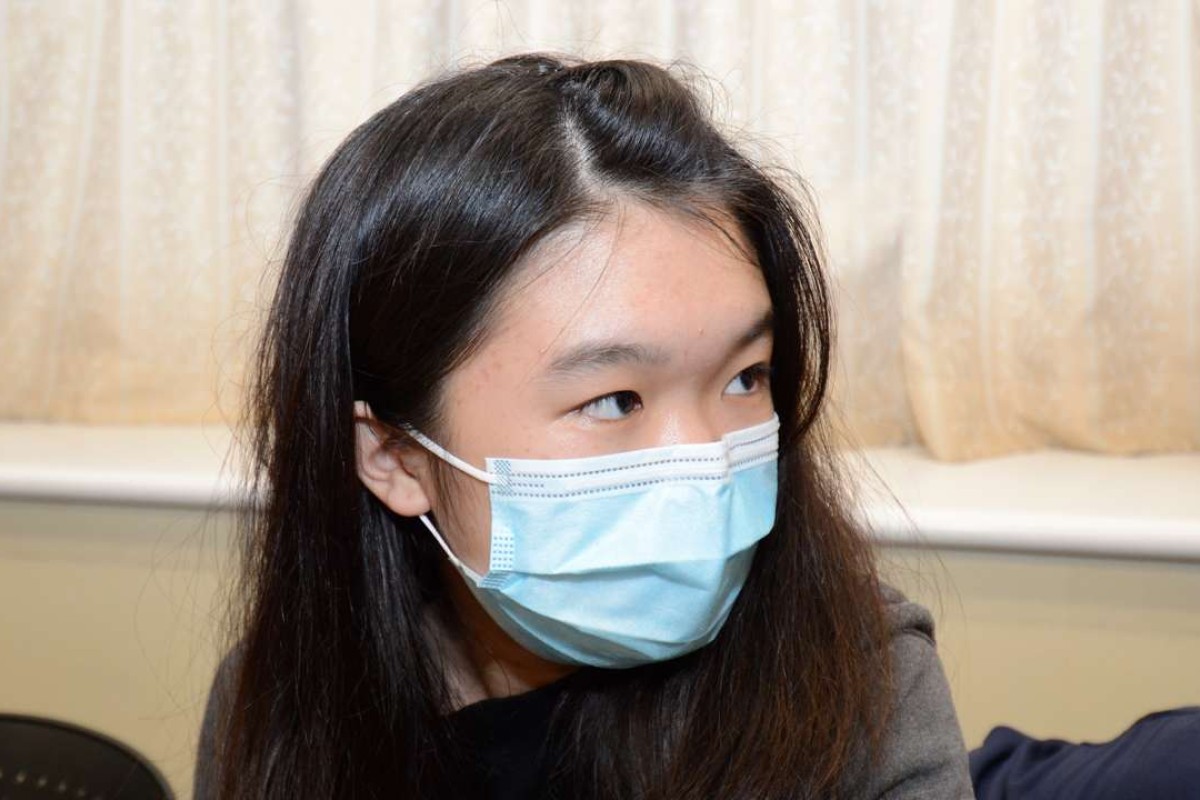
HK teen wants a liver donor test to help dying mum but can't because she's underage
Michelle, who is not eligible to be a donor for her mum because she is 17, is considering judicial review against Hospital Authority
 Michelle, daughter of the 43-year-old Tang Kwai-sze, is not allowed to be a living donor for her mum because she is not yet 18
Michelle, daughter of the 43-year-old Tang Kwai-sze, is not allowed to be a living donor for her mum because she is not yet 18A teenage Hong Kong girl is exploring all means possible to save her dying mother who is waiting for a new liver.
Seventeen-year-old Michelle wants the Hospital Authority to conduct tests on her to see if she could donate part of her liver, even though she is still three months away from turning 18 – the legal age to be a living donor. Her mother, Tang Kwai-sze, who is suffering from acute liver failure, is fighting for her life in Queen Mary Hospital’s intensive care unit.
“Time is running out ... I am worried and depressed [over the wait] my mum [has to endure],” Michelle, whose surname is unknown, said. “I’m still hoping for a miracle soon.”
The case has sparked a debate as the city’s Human Organ Transplant Ordinance does not grant any discretion in the handling of transplant cases, and living donors must be at least 18 years old.
But Tang, 43, will be suitable for a liver transplant only within these few days, after waiting since early this month. This has pushed her daughter and family members to try and save her through legal means.
This includes considering a judicial review against the Hospital Authority’s decision, which took age into factor. The authority did not allow her application to be a potential donor to be sent to the Human Organ Transplant Board, a statutory body which considers approval for transplants.
A source from the authority said it could not formally refer Michelle’s case to the board as she had not reached 18 years old, meaning she was not eligible to do so. The authority thus cannot conduct tests on her, which are seen as starting procedures for a transplant.
“Although I know the chance [for success] is slim with legal ways, I still want to try my best to help. As a daughter, I won’t give up any possible chances to help my mum,” said Michelle, adding that her family was still waiting for a suitable donor.
“We have to think again if age is the only reference for maturity and rationality,” she said.
With the help of Hong Kong Patients’ Voices, Michelle sent letters to the authority to seek discretion in carrying out tests on her.
The examination, which consists of clinical and psychological tests, would check if a potential donor is genetically paired or carries any infection. It would also see whether the person willing to donate the organ is aware of the risk in transplant procedures.
Alex Lam Chi-yau, chairman of the patients’ concern group, said if the girl was found to be mentally and physically suitable for a transplant, she and her family would consider a judicial review.
They hope to use the basis of human rights to argue against the Hospital Authority’s action, and to start a debate on how to strike a balance between child protection and right of survival.
“If the court recognised that people aged under 18 could stand a chance to be considered as a donor by the board, it would mean Michelle’s case could at least be assessed,” said Lam, who is also a solicitor.
It is understood that Michelle has been assessed by a clinical psychologist who is not from the authority. The psychologist considered the girl to be mentally mature for transplant but she would still require clinical tests to go through the procedures.
The source from the authority said it did seek legal clarification from the board. A meeting between the Department of Justice, the Food and Health Bureau and the Department of Health on Monday also reaffirmed that living donors below 18 years old were not legally allowed.
Terry Kaan Sheung-hung, a professor in medical law from the University of Hong Kong, said a judicial review would be valid only if it was proved to be discriminatory for the wrong reasons.
“The court cannot look at specific cases but must state the law is unlawful,” Kaan said.
He said the authority was legally bound and could not take exceptions unless the law was removed.
